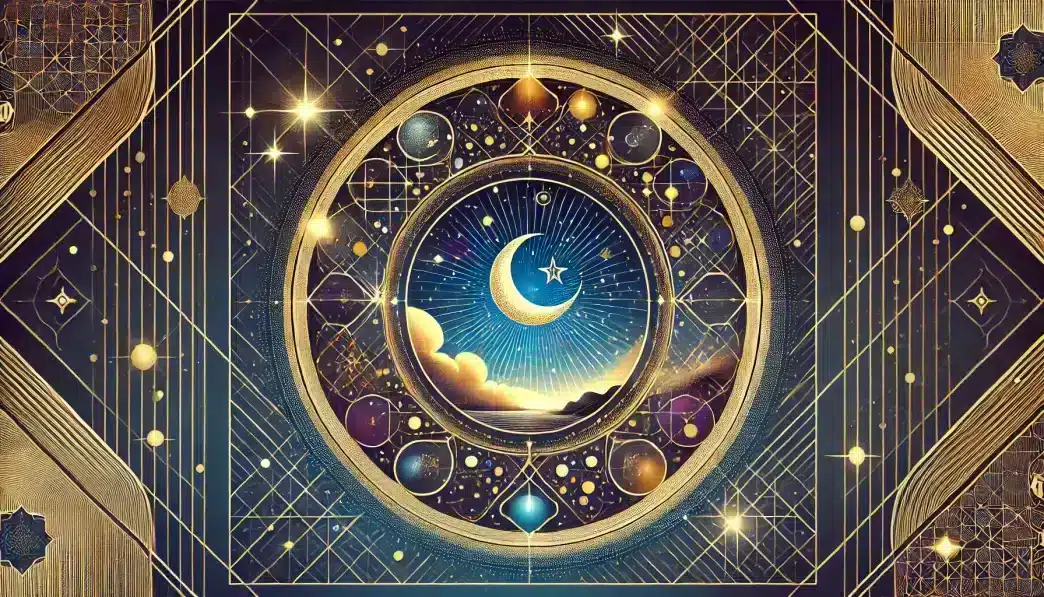What is Lailat-ul-Qadr?
Lailat-ul-Qadr, also known as the Night of Power, is the holiest night in the Islamic calendar. It is believed to be the night when the first revelation of the Qur’an was made to the Prophet Muhammad (PBUH). This night falls during the last ten days of Ramadan, specifically on one of the odd-numbered nights: the 21st, 23rd, 25th, 27th, or 29th night. While the exact date is not definitively known, the 27th night is most commonly observed as the Night of Power. This night holds great spiritual significance, offering Muslims an opportunity to engage in deep worship and reflection, seeking forgiveness and blessings from Allah.
History and Origin
Lailat-ul-Qadr is mentioned in the Qur’an as a night that is “better than a thousand months” (Qur’an 97:3). This highlights its immense spiritual value, where worship and supplications made on this night are believed to be more powerful and accepted by Allah than those made on any other night. It is said that the angels descend on Earth, bringing peace and blessings, and the fate of individuals for the coming year is determined. The importance of this night lies in the opportunities it offers for Muslims to seek forgiveness, purify their hearts, and strengthen their relationship with Allah.
The night commemorates the first revelation of the Qur’an to Prophet Muhammad (PBUH) in the cave of Hira in Makkah, which is the beginning of the divine guidance that would later be revealed to him over the following years. The revelation of the Qur’an is regarded as a turning point for humanity, bringing with it light, wisdom, and guidance for people of all generations. The celebration of Lailat-ul-Qadr is thus not just about remembering the revelation itself, but also recognizing its transformative impact on the world.
Who Celebrates Lailat-ul-Qadr?
Lailat-ul-Qadr is celebrated by Muslims worldwide. It is a night that unites the global Muslim community, who all come together to observe its spiritual importance. Muslims engage in special acts of worship, such as offering extra prayers (Tahajjud), reciting the Qur’an, making supplications (dua), and reflecting on their actions. The night is seen as an opportunity for spiritual renewal and a time to ask for Allah’s mercy and forgiveness.
In mosques and Islamic centers, special prayers and lectures are organized to mark the occasion. Families and friends gather for communal prayers and to reflect on the significance of this night. Lailat-ul-Qadr is not only a time for personal spiritual growth, but also a time for strengthening the bond of community and for spreading kindness and charity.
Slogans and Themes
Lailat-ul-Qadr emphasizes themes of forgiveness, blessings, and spiritual reflection. The night serves as a reminder of Allah’s infinite mercy and the importance of seeking closeness to Him. Common slogans associated with Lailat-ul-Qadr include “Seek the blessings of the Night of Power,” “A night better than a thousand months,” and “Strengthen your bond with Allah on this holy night.” These slogans reflect the essence of the night as a time for purification, seeking Allah’s mercy, and deepening one’s connection to the Creator. The spiritual energy of Lailat-ul-Qadr encourages believers to take this opportunity to ask for forgiveness, make dua for others, and draw closer to Allah.
Colors, Symbols, and Patterns
Colors
- Blue: Represents the night sky and the calmness and serenity of this sacred night.
- Gold: Represents the blessings and the immense value of Lailat-ul-Qadr, highlighting the richness of the night’s spiritual offerings.
- White: Associated with purity, spiritual light, and the illumination that Lailat-ul-Qadr brings to the hearts of believers.
Symbols
- Stars: Represent the guidance and light that descend during this holy night, as angels are said to descend from the heavens.
- Crescent Moon: The symbol of the Islamic calendar, representing the time of Ramadan and the special significance of the night.
- Qur’an: Symbolizes the revelation that took place during this night, marking the beginning of divine guidance for humanity.
Patterns
- Waves: Represent the peace and serenity that this night brings, offering an opportunity for deep reflection and spiritual tranquility.
- Light Rays: Symbolize the blessings and the divine illumination that flows during this holy night, guiding the hearts of believers.
- Circular Patterns: Represent the continuity of worship and the unity of the Muslim community during this blessed occasion.
Most Used Hashtags
- #LailatulQadr
- #NightOfPower
- #Ramadan
- #HolyNight
- #SeekTheNight
How to Celebrate Lailat-ul-Qadr
- Increase Worship: Focus on performing additional prayers such as Tahajjud and reciting the Qur’an.
- Make Dua (Supplications): Sincerely pray for yourself, your family, and the entire Muslim community.
- Give Zakat (Charity): Offer charity to those in need as an act of kindness and purification.
- Reflect on Your Actions: Take time to think about your deeds and ask for forgiveness for your past mistakes.
- Participate in Community Worship: Join special prayers and lectures at mosques or Islamic centers to connect with the community.
Why is Lailat-ul-Qadr Important?
Lailat-ul-Qadr is a night of immense spiritual significance in Islam. It offers believers the chance to seek forgiveness, purify their hearts, and draw closer to Allah. The night is an opportunity to reflect on one’s life and seek mercy and blessings for the future. It emphasizes the mercy and grace of Allah, encouraging Muslims to make the most of this night by engaging in acts of worship, reflection, and charity. Through Lailat-ul-Qadr, Muslims are reminded of the transformative power of divine guidance and the importance of seeking Allah’s forgiveness.
Features
- Religious
